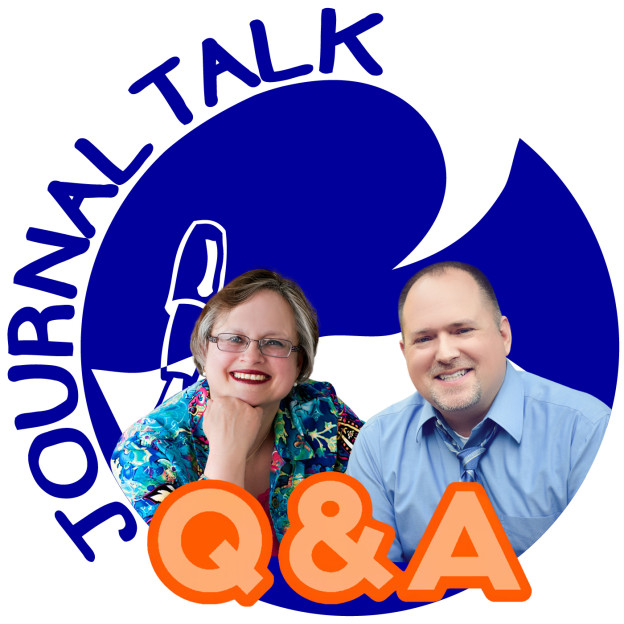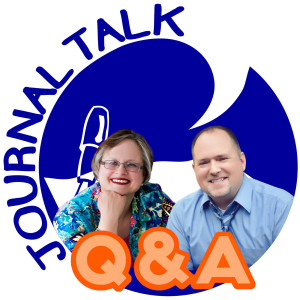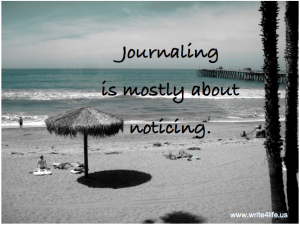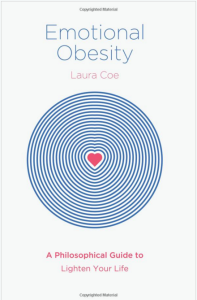Podcast: Play in new window
Subscribe: Apple Podcasts | RSS
 A key distinction that sets journaling apart from all other forms of creative expression is privacy. In this episode, we take a step beyond. My guest, Doug Foresta, believes firmly in the benefits of private journal-writing, and yet also urges us, “the world needs our voice and our gifts.”
A key distinction that sets journaling apart from all other forms of creative expression is privacy. In this episode, we take a step beyond. My guest, Doug Foresta, believes firmly in the benefits of private journal-writing, and yet also urges us, “the world needs our voice and our gifts.”
Producer and host of Creating Change on Empower Radio and The Coachzing Show on iTunes and Stitcher Radio, Doug has been a podcasting mentor to me and thousands of others who yearn to share their message and transform lives.
In a particularly poignant moment of our conversation, Doug asks, “Why do you suppose that we find human beings scribing their stories, as far back as the Cavemen?” Indeed, what is it about our species that craves the telling and retelling of our experiences?
Doug has developed a five-step method he calls Transformative Journaling, and in this episode, he shares one key prompt idea that he uses to get “un-stuck”. I always appreciate his perspective, and the theme of sharing our gifts with others, which he weaves through all his work in the world.
Exclusive Offer for JournalTalk Listeners: If you are curious about what it might take for you to start a podcast series, or if you are exploring ways to further market your brand, Doug has made a very generous offer to everyone in the JournalTalk community. If you email Doug directly and mention that you heard him on JournalTalk, he will schedule with you a free, 30-minute coaching conversation to help you identify whether podcasting could benefit you, and some steps to get started. (JournalTalk, Episode #74, May 3, 2016)
To Join our Community: Please post comments and questions below, to further the dialogue. And connect with other JournalTalk friends in our private Facebook group.
To Subscribe to JournalTalk:
By email: Click here.
Apple/iPhone/iTunes: Click here.
Now Available on Google Play Music: Click here.
For Coaching with Nathan Ohren: Click here.
To Join the JournalTalk Community on Facebook: Click here.
To Listen to this week’s JournalTalk: Click on the “play” button > at the top of this page.


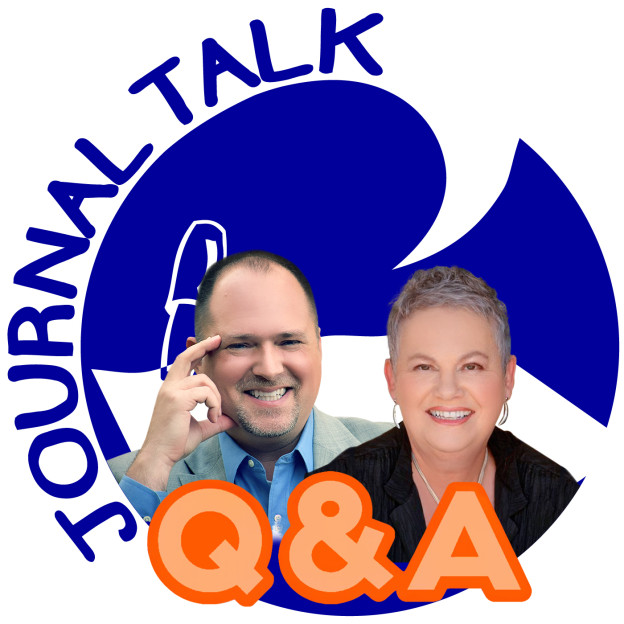
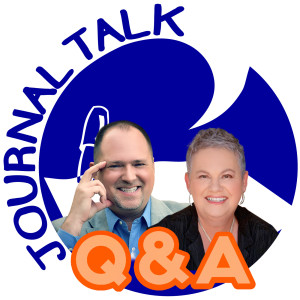 Anonymous callers are so much fun, and ask such close, personal questions. This one asks, “Can a journal help someone with anger management issues?” I’ve got some thoughts of my own on this, but I’ve invited back back
Anonymous callers are so much fun, and ask such close, personal questions. This one asks, “Can a journal help someone with anger management issues?” I’ve got some thoughts of my own on this, but I’ve invited back back 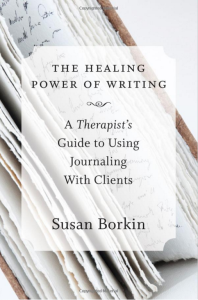




 As we journey through the movement of our life, what aspects of ourselves do we birth or bury, in order to make sense of, and give meaning to, our experience? This question was my guest’s inspiration for her newest book.
As we journey through the movement of our life, what aspects of ourselves do we birth or bury, in order to make sense of, and give meaning to, our experience? This question was my guest’s inspiration for her newest book.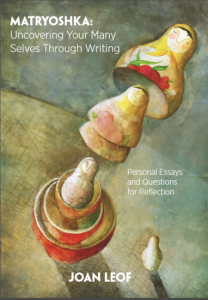




 It is a great honor to have the opportunity to interview a long-time mentor of mine, a man who needs no introduction. And, I enjoyed introducing anyway.
It is a great honor to have the opportunity to interview a long-time mentor of mine, a man who needs no introduction. And, I enjoyed introducing anyway.